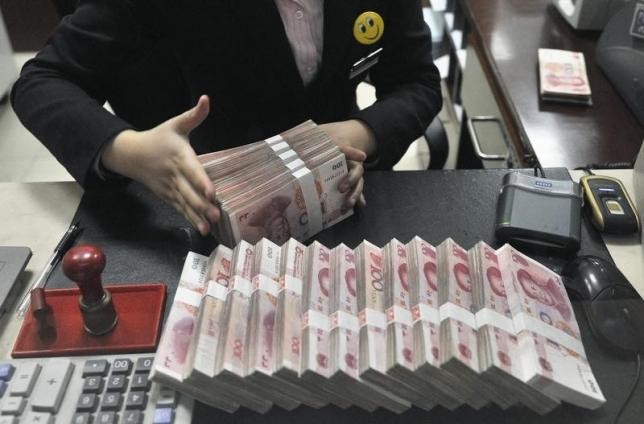The Chinese yuan is seen to enhance its status as a global currency as China's state-owned currency marketplace announced on Sunday, June 12, the opening of yuan trade branches in London and New York, as reported by Reuters.
In a statement released by the China Foreign Exchange Trade System (CFETS), a subsidiary of China's central bank, said that the new branches are part of efforts serve as the main trading platform and pricing center for the yuan globally as it continues to expand offshore to serve more institutions overseas.
To allow more foreign participation in the local yuan market, China has eased up capital controls while maintaining yuan centers abroad to promote the international use of its currency.
The report said that an electronic bidding system for the yuan against foreign currencies will be provided by the CFETS, which also offers cross-rate trading, RMB interbank lending and bon trading.
A report by the Xinhua News Agency said that yuan-based trading on CFETS reached a total of 618.12 trillion yuan ($94.24 trillion) last year.
The CFETS also planned to further boost cooperation with overseas trading platforms, and eventually provide trading services 24 hours a day, seven days a week. From 4:30 p.m., the market platform has extended the trading hours for onshore yuan to 11:30 p.m. local time this year.
"CFETS is willing to provide comprehensive service and support to British institutions who participate in China's inter-bank market, and strengthen cooperation with them as Chinese companies go offshore," Sun Jie, executive vice president of CFETS, said in an event in Shanghai, which focused on yuan's internationalization. The event was attended by various financial institutions and by Chinese and British regulators.
Despite differences arising from Britain's criticism of China's human rights record, the two countries have been working to enhance their economic ties. In October last year, President Xi Jinping made an official state visit to Britain.
The London branch is now the world's biggest offshore yuan center, next to Hong Kong, according to Xavier Rolet, CEO of the London Stock Exchange Group (LSE.L), which is working with the Shanghai Stock Exchange to set up a a cross-border investment scheme that would connect the British and Chinese stock markets.



























